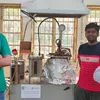5 green habits we all can inculcate to save our planet
Being green means being mindful of the repercussions of our actions, being thrifty, and making the most of the resources available.
With climate change, environmental degradation and rising pollution becoming increasingly relevant concerns, we all need to do our bit to create a healthier, greener planet. We can do that by adopting simple habits and make them a part of our daily routine.
These habits are not just environmentally friendly but also economically beneficial.
Being green means being mindful of the repercussions of our actions, being thrifty, and making the most of the resources available by recycling, reusing, and rebuilding. More than effort, what it takes to become greener is the intent.
Here are five green habits we all can inculcate to save our planet:
Say no to single-use plastics
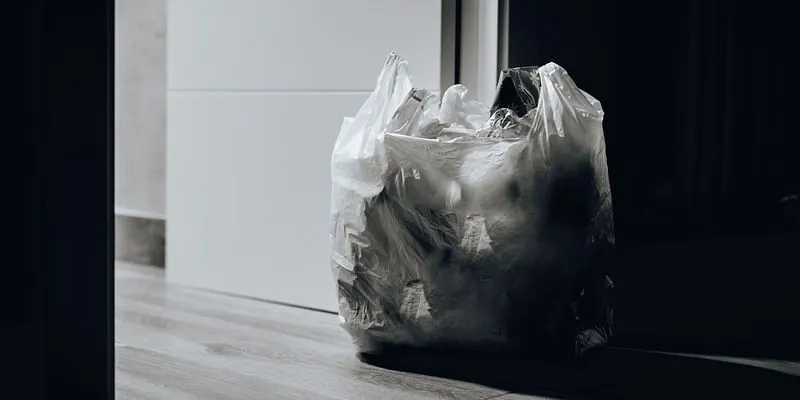
Single-use plastics is one of the biggest contributors to landfills. Only 9 percent of plastic bottles can be recycled and the rest all have to be discarded.
They accumulate in our environment and more often than not, end up in the oceans. It is estimated that by 2050, oceans will have more plastic waste than fish. To avoid the use of plastic, you can replace plastic bags with cloth or newspaper bags.
A good alternative for plastic bottles is glass bottles. It is also important to avoid the use of straws, plastic packaging and opting for reusable alternatives is also important.
Save water
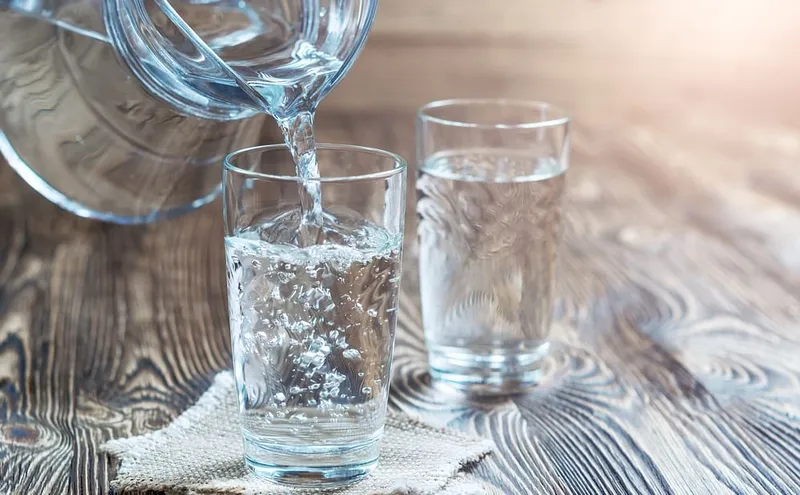
It is common knowledge that water is essential for our survival and we have only limited amounts of it left on our planet. Therefore, it becomes imperative for us to use it judiciously.
We can inculcate simple ways to minimise wastage of water in our day-to-day life such as using a bucket and mug to take a bath instead of taking a shower.
Moreover, RO systems waste over 70 percent of water and purify only the remaining 30 percent. You can use the discarded water for cleaning the house, watering plants etc.
Installing water flow restrictors in our faucet is also a good way to reduce the flow and wastage of water. Rainwater harvesting is also a great way to conserve water.
Waste segregation
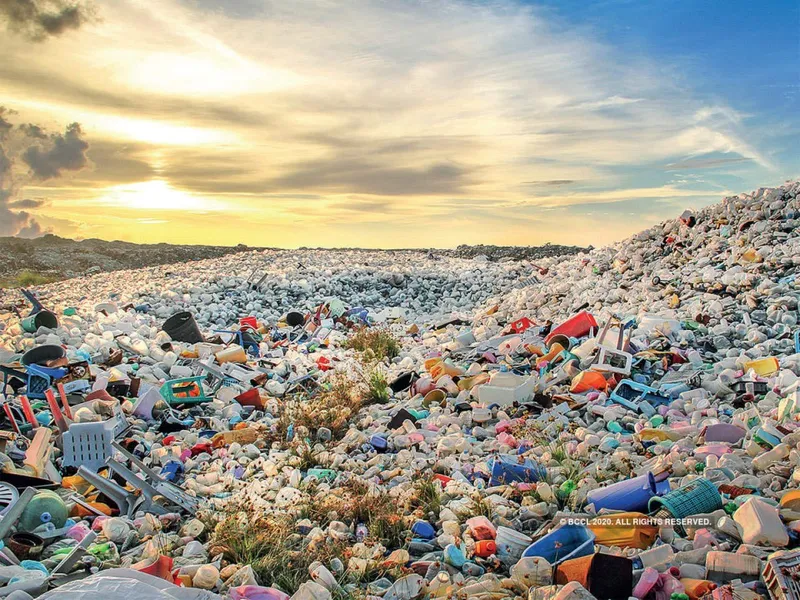
Plastic Waste should be mindfully discarded to avoid the accumulation of landfills
It is estimated that segregating waste so that it can be discarded mindfully, recycled or upcycled has the potential to reduce carbon dioxide emissions by 150-200 kg per year.
Waste can be segregated at the household level or the community level. Either way, it is important to be aware of the process.
The green coloured dustbins are meant for wet and biodegradable waste, blue ones for plastic and non-biodegradable waste, and yellow for paper and glass bottles.
Some countries further have the brown bin for pharmaceutical waste, and the black bin for domestic hazardous waste like blades, bandages etc.
Save energy
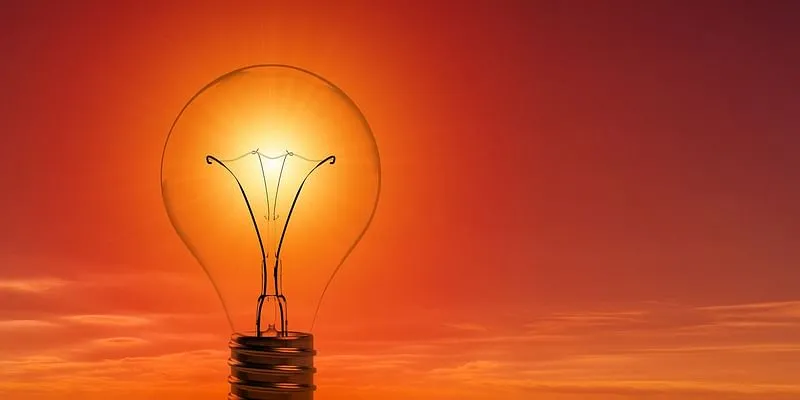
Representational image (Credits: Pixabay)
Installing LED light saving bulbs in our houses will not only reduce energy consumption but also lower electricity bills. They are known to consume 75 percent less energy than normal bulbs.
We must make it a habit to turn off the lights, fans, AC and all other devices when not in use. It’s also important to turn off your car while waiting at a red light. Try and take a cycle or go on foot to places where you do not need a car.
Choosing public transport or carpools over individual travel are small green habits that go a long way in saving the Earth. We can also do our bit to switch to more environmentally-friendly energy sources like solar energy.
Shop sustainably
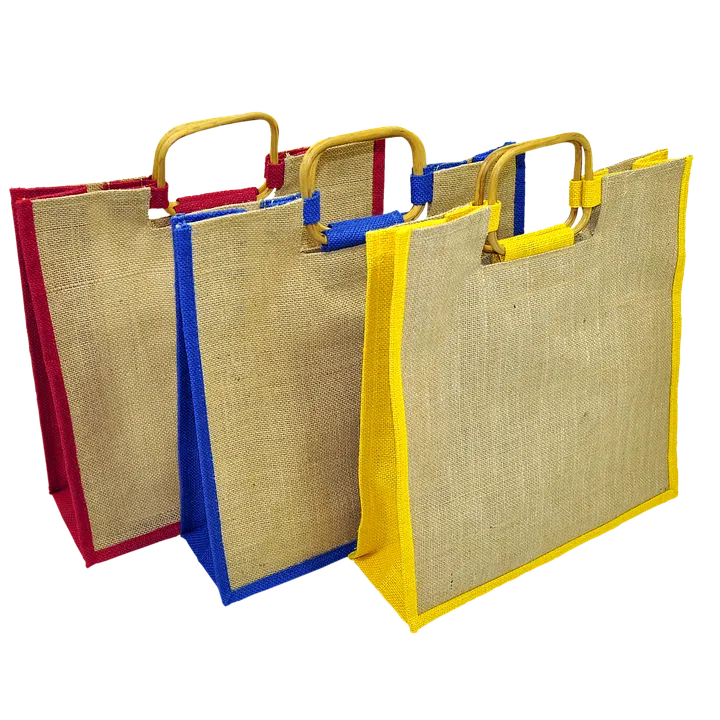
In today’s day and age of consumerism, it is easy to confuse our wants with needs. Indulging in minimalism as much as possible is the best way to reduce your carbon footprint.
Being intentional with what you buy, from where you buy it, and what goes behind producing it is the need of the hour.
These days, we see a large number of online thrift stores selling upcycled clothing, shoes and even accessories.
This will definitely reduce the burden on our planet that consumerism and incessant wastage of goods has created. Moreover, one can also use second-hand objects. You will find objects ranging from books to cycles, phones etc being sold for the second time at very low rates and in decent condition.
We produce a large amount of e-waste today. We can reduce it by reusing as often as possible, maintaining the devices we own and being a responsible consumer.
Edited by Kanishk Singh



